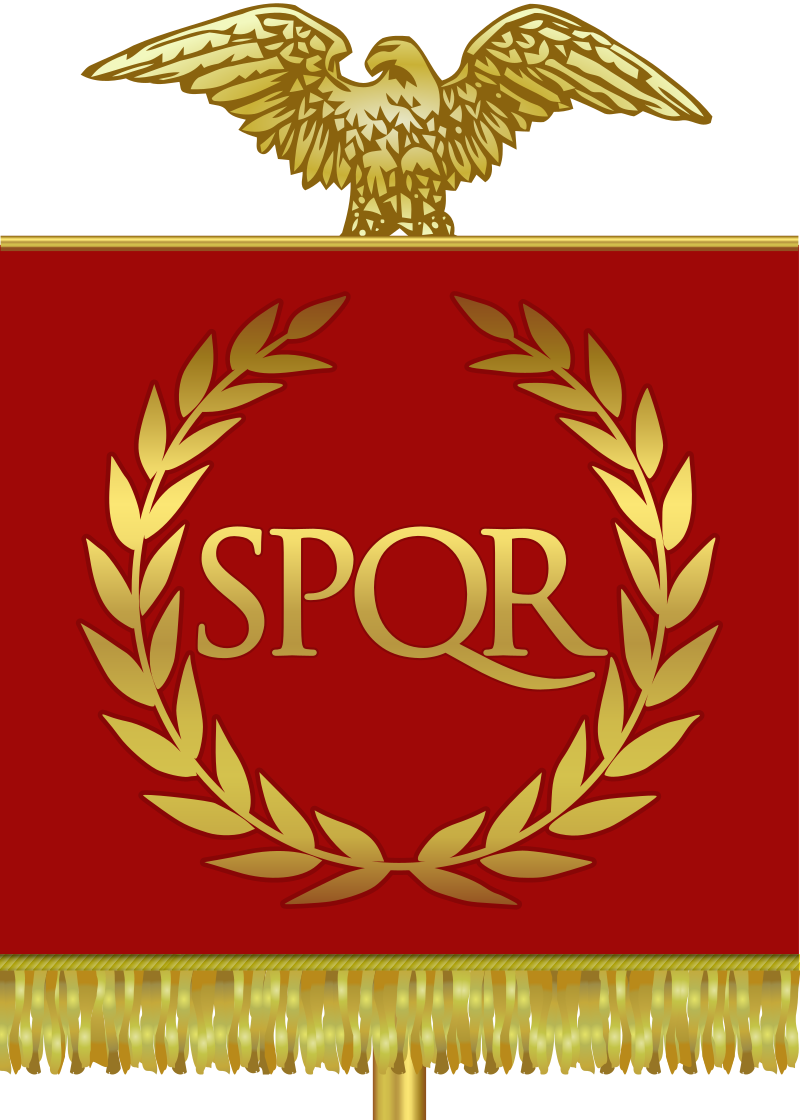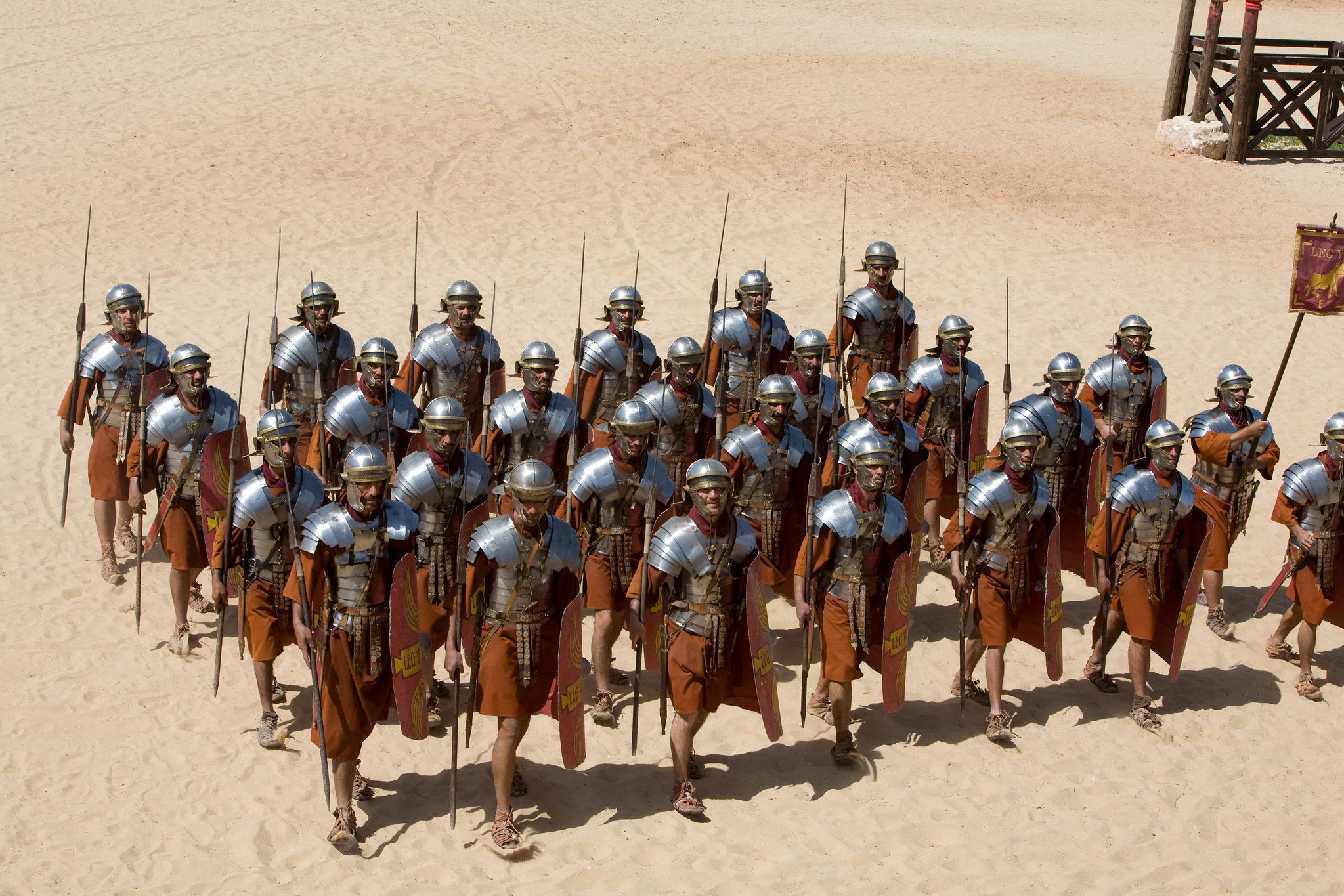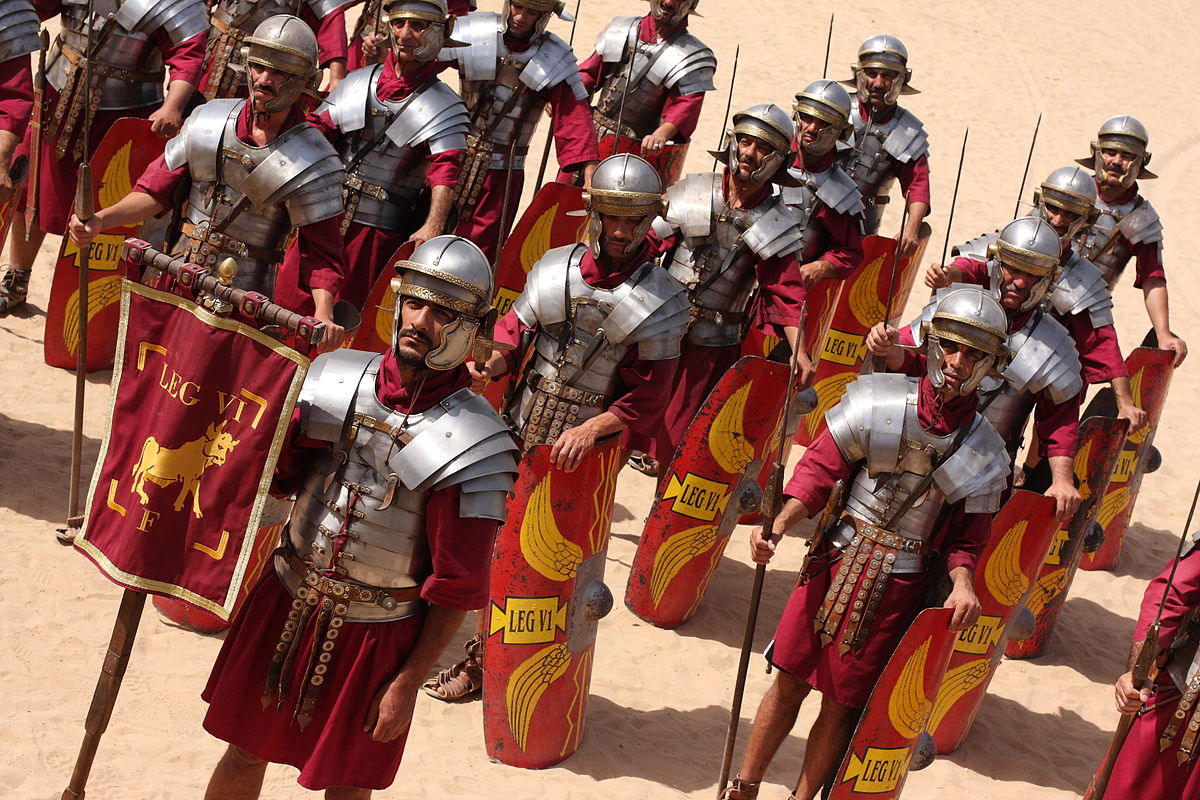
Always keeping in mind the importance of the classical period of Roman history, Vegetius suggests that the best soldiers are peasants in peace: they are more accustomed to the harsh reality of hard work for surviving, to the difficulties of a merciless and uncomfortable life. They are also well-motivated people not to die because they have a lot to lose. Even if it was not the subject of (fairly recent) studies, it was already clear in the past that humans considers the fear of loosing more relevant for making decision than betting to get something more. One strives for the defense of what already owns, rather than the love of risk for something better. According to the studies of neuroeconomics, this is true for a ratio of 2/1, so that peasants already have several virtues useful from a military point of view.



